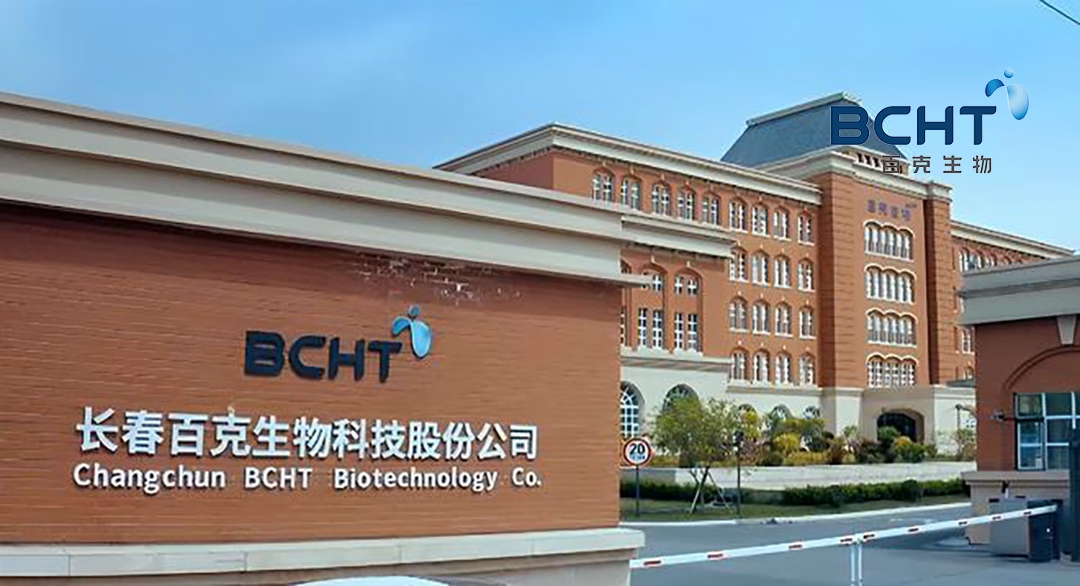In a move that has sent ripples through China’s vaccine industry, Changchun BCHT Biotechnology Co., Ltd (BCHT, SHA: 688276) announced on February 15 that Vice President Yu Bing has stepped down from his roles as director and deputy general manager due to personal reasons. This departure has sparked speculation about its implications for the company’s future trajectory.
Yu Bing’s tenure at BCHT was marked by significant contributions. Over 11 years, he rose through the ranks from a regional sales manager to oversee the company’s marketing efforts. Under his leadership, BCHT successfully launched several vaccines into the competitive market, solidifying its position as a key player in China’s vaccine sector.
Despite its strong foundation, BCHT faces mounting challenges. Established in 2004, the company gained prominence with its innovative varicella vaccine, which dominated the market for years due to its animal-origin gelatin-free technology. However, competitors such as Changchun Qijian and Shanghai Biological Products have been tightening their grip on market share. Changchun Qijian leverages its mature production processes and cost advantages, while Shanghai Biological exploits its strong brand presence and distribution networks.
The company’s recent product launches highlight both potential and challenges. In 2020, BCHT introduced a nasal influenza vaccine, targeting the pediatric segment—a market with high growth potential but characterized by low consumer awareness and intense competition. Established players like Hualan Biological and Sinovac Biotech continue to dominate traditional and nasal flu markets, underscoring the need for BCHT to enhance its marketing strategies and brand visibility.
The approval of BCHT’s herpes zoster vaccine in 2023 further diversifies its portfolio. However, competition remains fierce, with GlaxoSmithKline (GSK) leading the market through its first-mover advantage and strong brand equity. Domestic players like Shanghai Biological are also making significant strides, prompting BCHT to accelerate its promotional efforts and increase R&D investments.
Market Performance and Strategic Crossroads
BCHT’s financial performance in 2024 has raised eyebrows. Preliminary January results indicate a sharp decline in revenue and net profit, with a projected net income of RMB 200 million to RMB 240 million—a drop of 52.10% to 60.08% year-over-year. This slump, coupled with Yu Bing’s departure, has fueled concerns about the company’s ability to navigate these challenges.
While BCHT assures that its marketing operations are smoothly transitioning and will not disrupt business continuity, the loss of a seasoned executive after 11 years is a cause for reflection. Questions linger about how the company plans to reverse its performance slide and sustain growth in an increasingly competitive landscape.
Conclusion: Navigating Uncertainty
Yu Bing’s departure marks a pivotal moment for BCHT. The company must not only contend with the immediate challenges of leadership transition but also address broader strategic imperatives. To regain momentum, BCHT needs to double down on its technological strengths, optimize costs, and expand its distribution networks. Additionally, enhancing market education and refining marketing strategies will be critical in capturing greater shares in both existing and emerging markets.
As investors and industry watchers closely monitor developments, BCHT’s ability to adapt and innovate will determine its continued success in the dynamic vaccine sector.-Fineline Info & Tech
